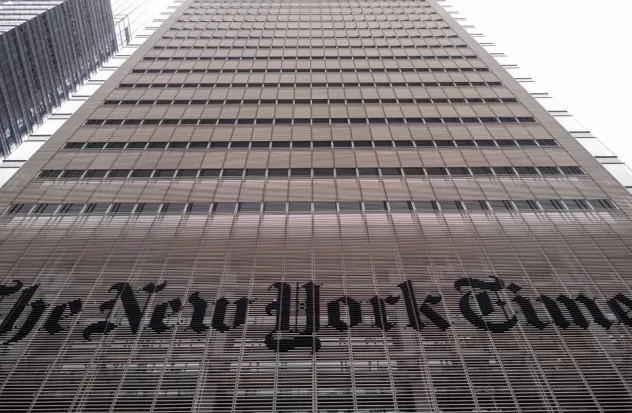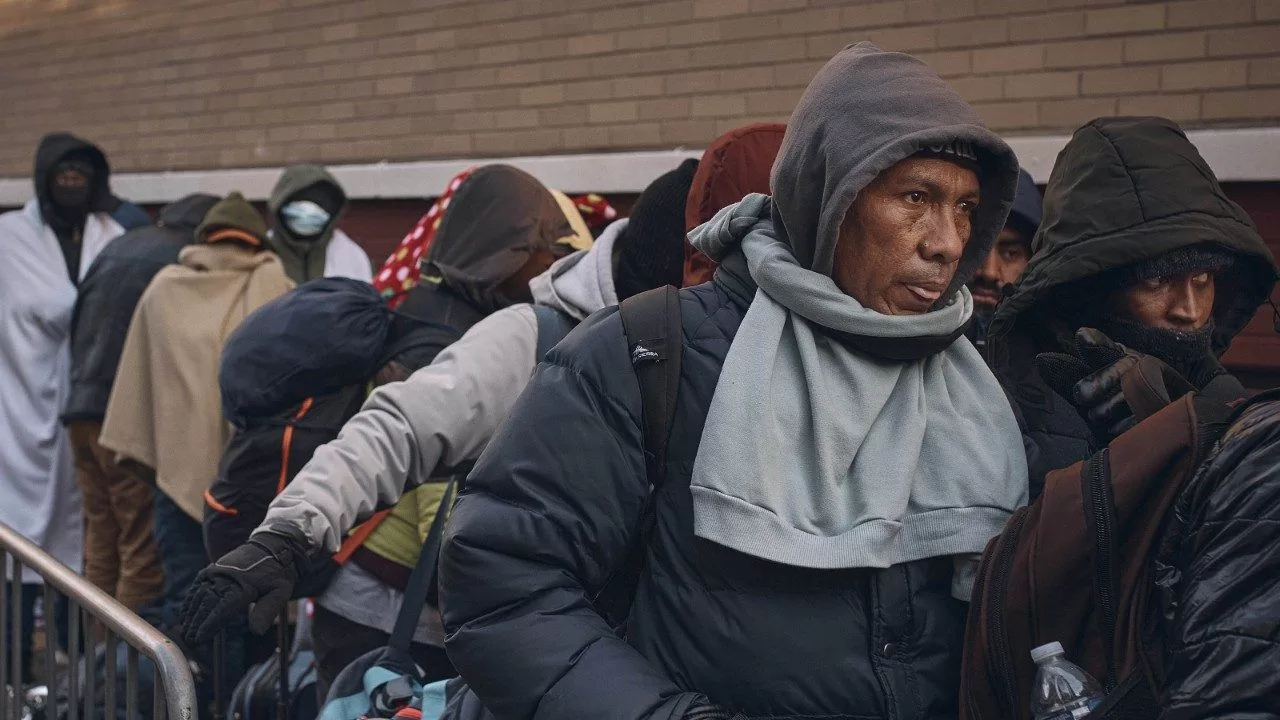OpenAI filed an appeal with the New York court to ask the court to exclude certain elements and charges from the NYT complaint.
“Contrary to allegations (…), ChatGPT is in no way a substitute for a subscription to The New York Times,” argues the Californian start-up.
At the end of December, the newspaper had initiated legal action against OpenAI and Microsoft, the main investor in that emerging company that gained relevance after the emergence of ChatGPT in the technology industry.
The NYT questions the development methods of generative AI platforms, particularly ChatGPT, which “relies on mass learning models built by copying and using millions of copyrighted Times articles.”
Generative AI, popularized by ChatGPT, can produce all types of content (text, images, lines of code and more recently video, etc.) from a simple query in everyday language.
“The truth (…) is that The Times paid someone to hack OpenAI’s products. It took tens of thousands of attempts to generate the highly anomalous results that constitute” one of the pieces of evidence for its complaint, OpenAI said in a statement. his appeal, presented before a New York court and to which AFP had access.
Legal conflict
The NYT “took advantage of bugs,” “violated the terms of use” and provided ChatGPT with “parts of the same articles it was trying to obtain,” the company charged. “Normal people don’t use OpenAI products this way,” he questioned.
OpenAI also claims that it is legal to use copyrighted material “in the creation of new, different and innovative products,” citing case law.
In December, the newspaper noted that “to produce quality journalism, The Times invests an enormous amount of time, money, experience and talent,” and that if its “ability to earn money” were in doubt, the quality and quantity of editorial production would decrease.
Other organizations and individuals have filed similar lawsuits against generative AI companies, such as “Game of Thrones” author George RR Martin against OpenAI.
“OpenAI and the other defendants in these lawsuits will ultimately prevail because no one – not even The New York Times – has the right to monopolize the facts or the rules of language,” OpenAI promises.
Source: With information from AFP.






